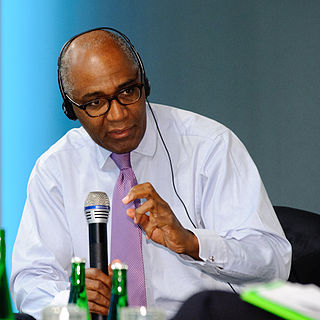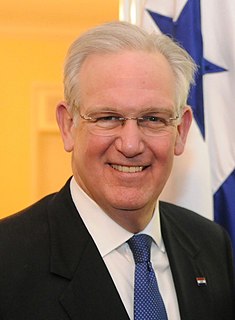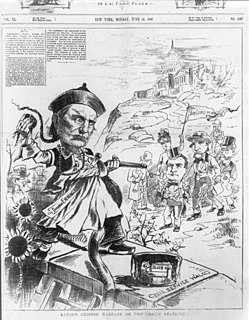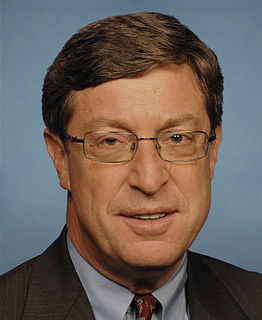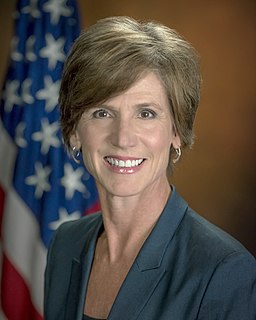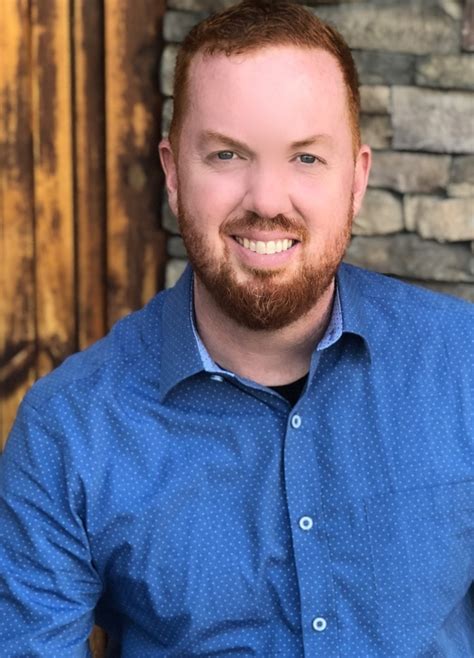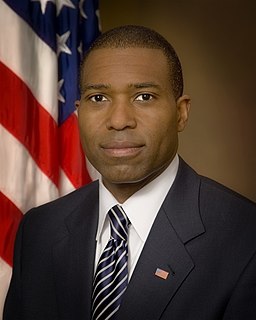Цитата Нила Катьяла
Общественность имеет полное право ознакомиться с выводами Роберта С. Мюллера III. Абсолютно ничто в законе или подзаконных актах не препятствует обнародованию отчета. Действительно, соответствующие источники права предоставляют генеральному прокурору П. Уильяму Барру все возможности для обнародования этого закона.
Связанные цитаты
Общество — любое общество — определяется как совокупность взаимных выгод и обязанностей, наиболее явно воплощенных в общественных учреждениях: государственных школах, публичных библиотеках, общественном транспорте, государственных больницах, общественных парках, общественных музеях, местах отдыха, государственных университетах и т. д. .
Буржуазная публичная сфера может быть понята прежде всего как сфера частных лиц, объединяющихся в публичную сферу; вскоре они предъявили регулируемую сверху публичную сферу самим публичным властям, чтобы вовлечь их в дискуссию об общих правилах отношений в приватизированной в своей основе, но общественно значимой сфере товарного обмена и общественного труда.
Есть огромная разница между тем, как преступник избегает публичного внимания, и тем, что участники гражданского неповиновения берут закон в свои руки, бросая открытый вызов. Это различие между открытым нарушением закона, совершаемым публично, и скрытым нарушением настолько очевидно, что пренебрегать им можно только по предубеждению или злой воле.
Относительная свобода, которой мы пользуемся, зависит от общественного мнения. Закон не защищает. Правительства издают законы, но исполняются ли они и как ведет себя полиция, зависит от общего настроения в стране. Если большое количество людей заинтересовано в свободе слова, свобода слова будет, даже если закон запрещает ее; если общественное мнение вялое, неудобные меньшинства будут преследоваться, даже если существуют законы, защищающие их.
Почему женщина носит оружие? Потому что при нашей системе у каждого гражданина есть свобода действий в отсутствие полиции; свобода действовать разумно, действовать немедленно, действовать в защиту себя, действовать в защиту другого, действовать со смертоносной силой, действовать с полученной ею подготовкой и действовать не в гневе, а в ответ на цель. Все, что от нее требуется для осуществления защиты этой свободы в общественной политике, общественных интересах и практической безопасности, - это действовать разумно в данных обстоятельствах.



